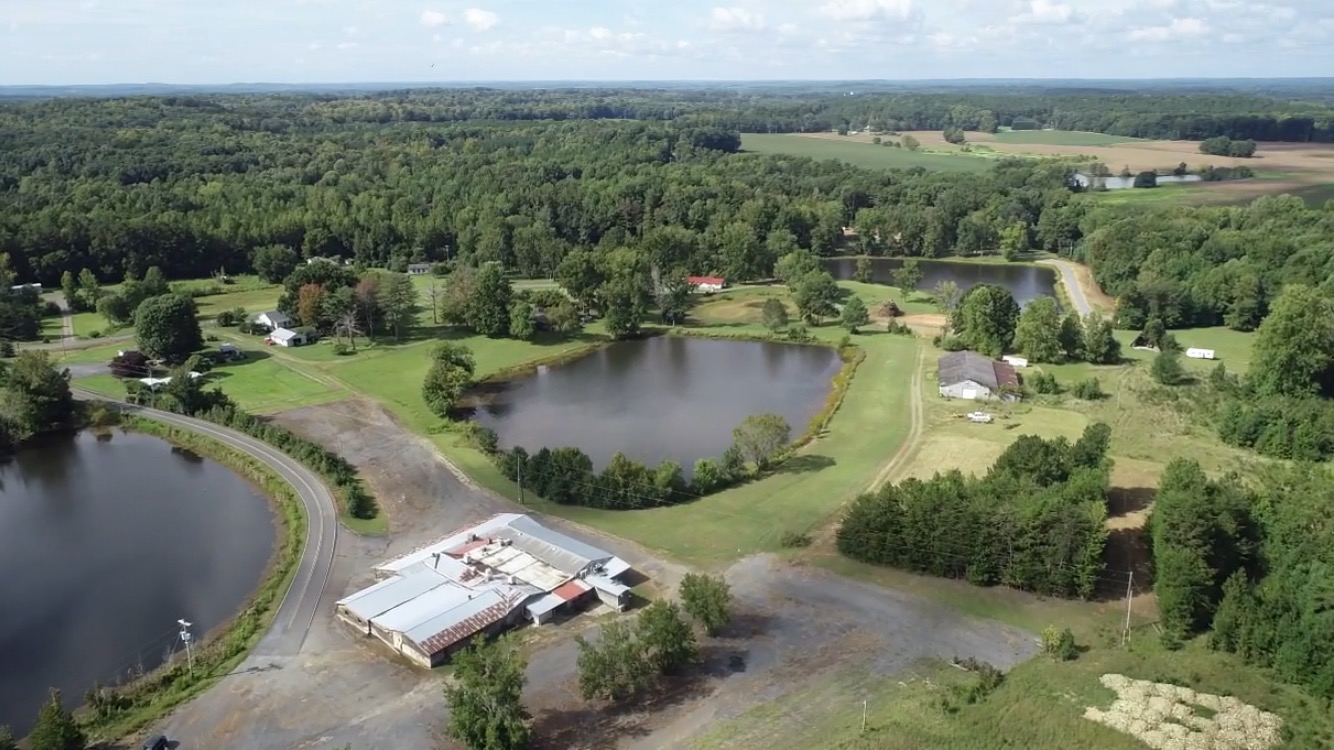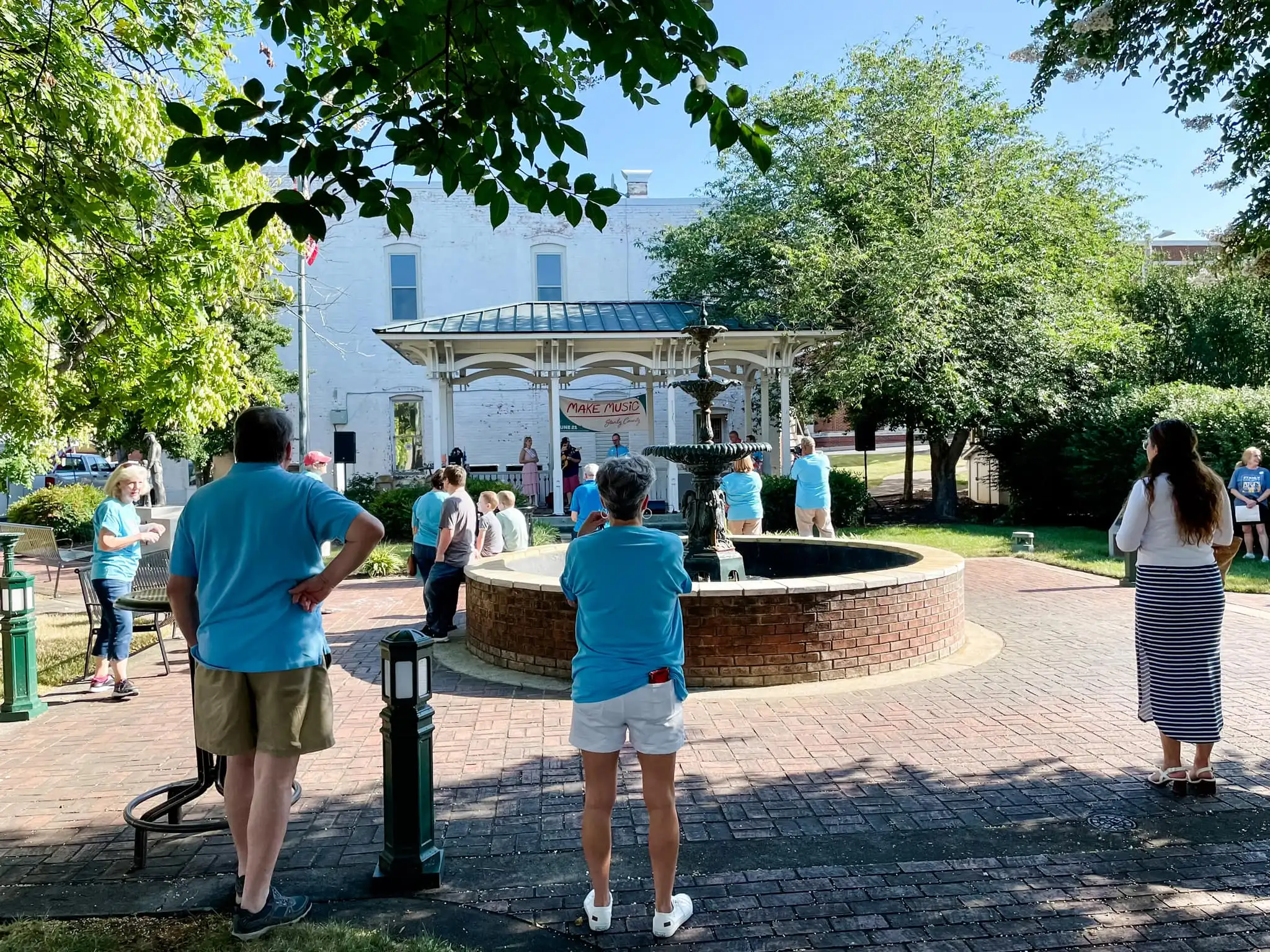D.G. MARTIN COLUMN: Big news about the Cherokee
Published 8:59 am Wednesday, March 10, 2021
|
Getting your Trinity Audio player ready...
|
Cherokee is in the news again this month.
All about the name of an automobile, a popular Jeep product.
But for North Carolinians, the Cherokee term brings up a whole special set of complex thoughts, especially ones regarding the Cherokee people living in far western North Carolina.

D.G. Martin
The big news about this group of Cherokees is “Even As We Breathe,” the debut novel of Annette Saunooke Clapsaddle. It is the first novel ever published by an enrolled member of the Eastern Band of Cherokee Indians.
Appropriately, the book deals with the special challenges Cherokee people face dealing with the non-Indian people who surround them. Set in 1942, during World War II, the lead character, 19-year-old Cowney Sequoyah, lives a hardscrabble life with his grandmother Lishie, whom he loves deeply. His Uncle Bud lives nearby. Bud works Cowney hard and treats him badly. Bud’s brother, Cowney’s father, died overseas at the end of World War I. Now it is 1942 and World War II is raging, but Cowney’s deformed leg means he will not fight.
When a groundskeeping job at Asheville’s Grove Park Inn opens up, Cowney takes it. The Army is using the Grove Park to confine quarantined enemy officials and their families.
Joining him in his family’s Model T for the two-hour drive from Cherokee to Asheville is Essie, a beautiful young Cherokee woman who is anxious to break away from the Cherokee community.
Cowney and Essie become good friends. He wishes for more, but she develops interest in one of the foreign detainees. On this situation Clapsaddle builds a poignant part of the book’s plot.
When Lishie dies, Cowney’s world collapses.
Clapsaddle describes the scents he notices as the Cherokee family and friends gather to grieve:
Grease
Lilies
Tobacco
Vanilla
Fresh dirt
Pine sap
She repeats this refrain over and over again to bring the reader into Cowney’s sadness.
A white man drops by to pay respects. He had served with Bud and Cowney’s dad in World War I. Bud pushes him away, but not before the man gives Cowney his card and tells him to call if he ever needs help.
Later, back at the Grove Park, when Cowney is accused in connection with the disappearance of the young daughter of one of the foreign internees, that card and its owner become keys to finding the truth.
Other characters and places fill the novel and enrich Cowney’s story.
An ancient Cherokee man, Tsa Tsi, owns a monkey that wanders freely through the forests. Preacherman appears at funerals to blend Cherokee culture with the religion of the white man. Lishie’s wakes Cowney by singing “Amazing Grace” in Cherokee: “U ne la nv i u we tsi.” Forest fires break out near Lishie’s cabin, and the smoke provides an eerie cover for the gloomy parts of the story. The region’s lovely waterfalls give Cowney places to find peace.
Clapsaddle brings all these, and much more, together for a lovely story that engages its readers and gives them a vivid experience in Cherokee culture.
Of course, there are reminders of the unfair and discriminatory treatment suffered by the Cherokee at the hands of the whites who populate historic Cherokee lands. Near the book’s end, Cowney’s grounds crew boss takes him to dinner and a movie. At the movie box office the clerk initially refused to sell a ticket. “Don’t serve Indians here,” she snarled.
Cowney and his boss quietly go to the balcony and see Charlie Chaplin’s “The Great Dictator.” Cowney is moved by Chaplin’s final speech against intolerance and hatred, an underlying theme of Clapsaddle’s book.
Citing the Bible’s book of Luke, Chaplin said, “The Kingdom of God is within man, not one man, nor a group of men, but in all men, in you.”
D.G. Martin hosts “North Carolina Bookwatch,” Sunday at 3:30 p.m. and Tuesday at 5 p.m. on PBS North Carolina (formerly UNC-TV). The program also airs on the North Carolina Channel Tuesday at 8 p.m. and other times.






